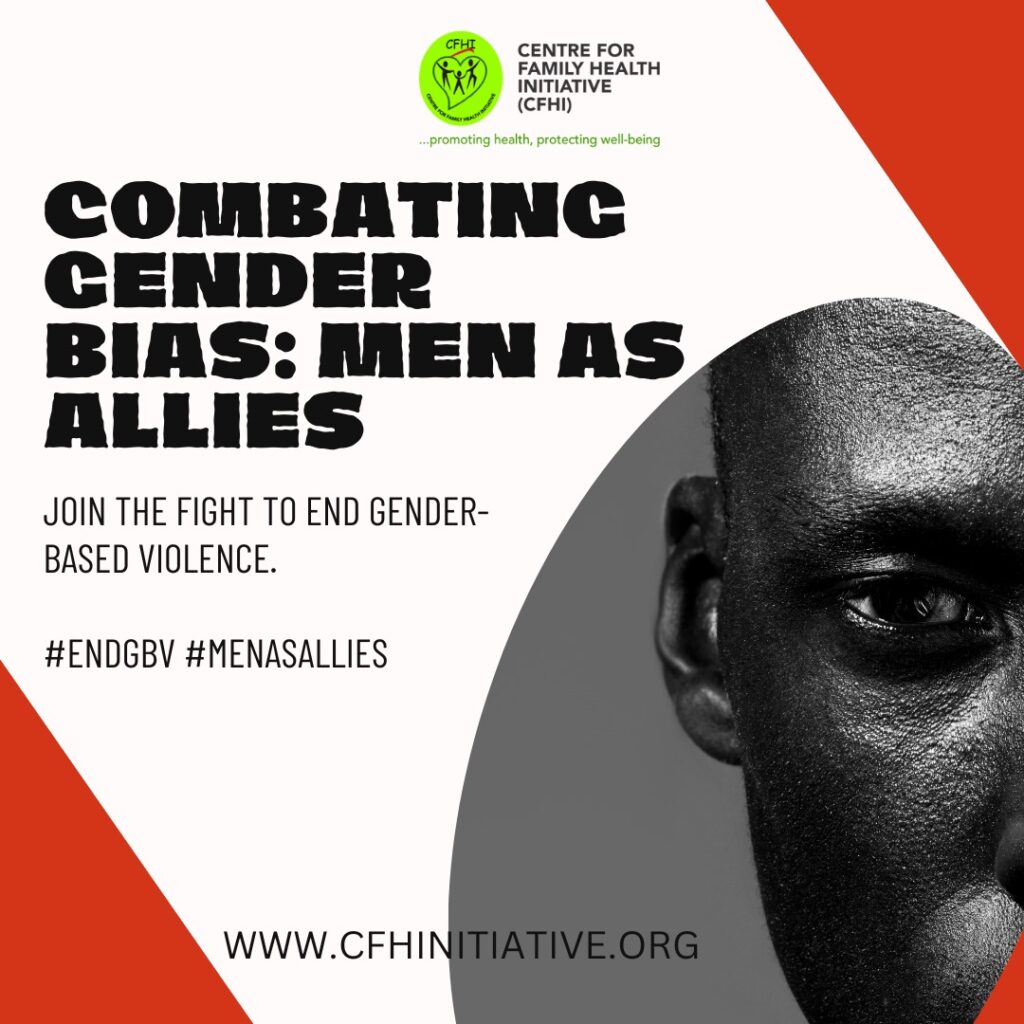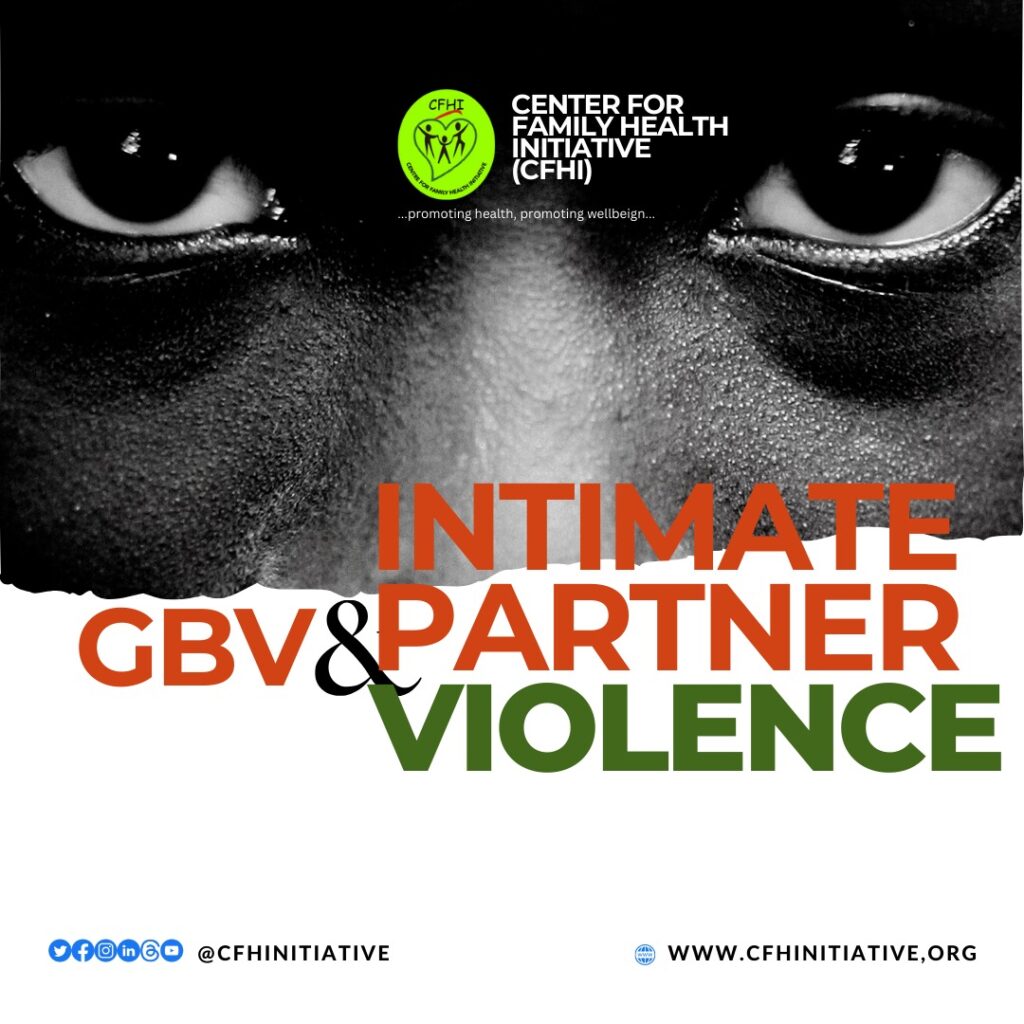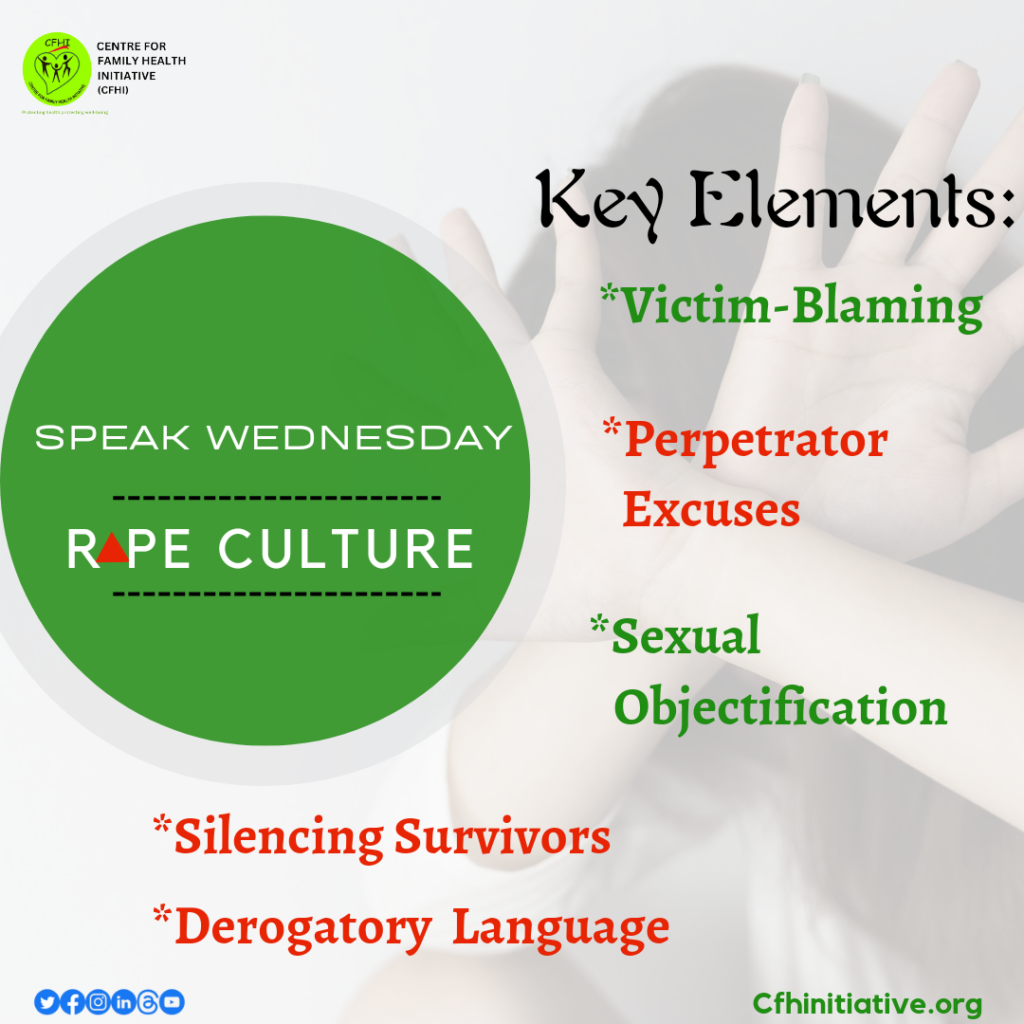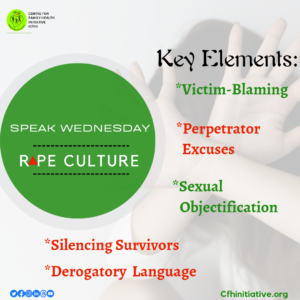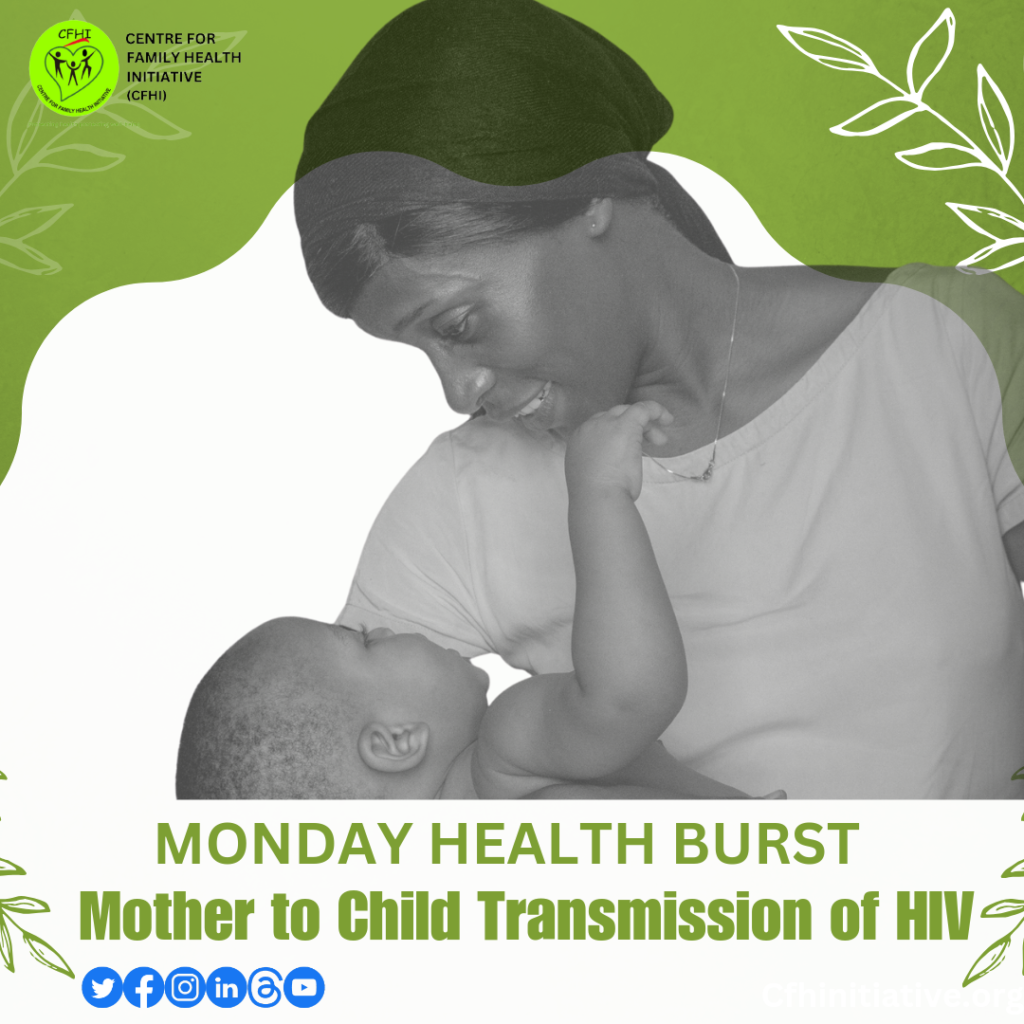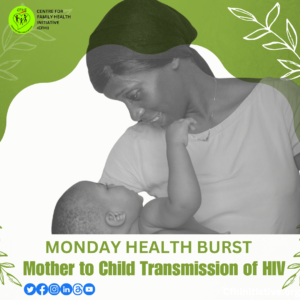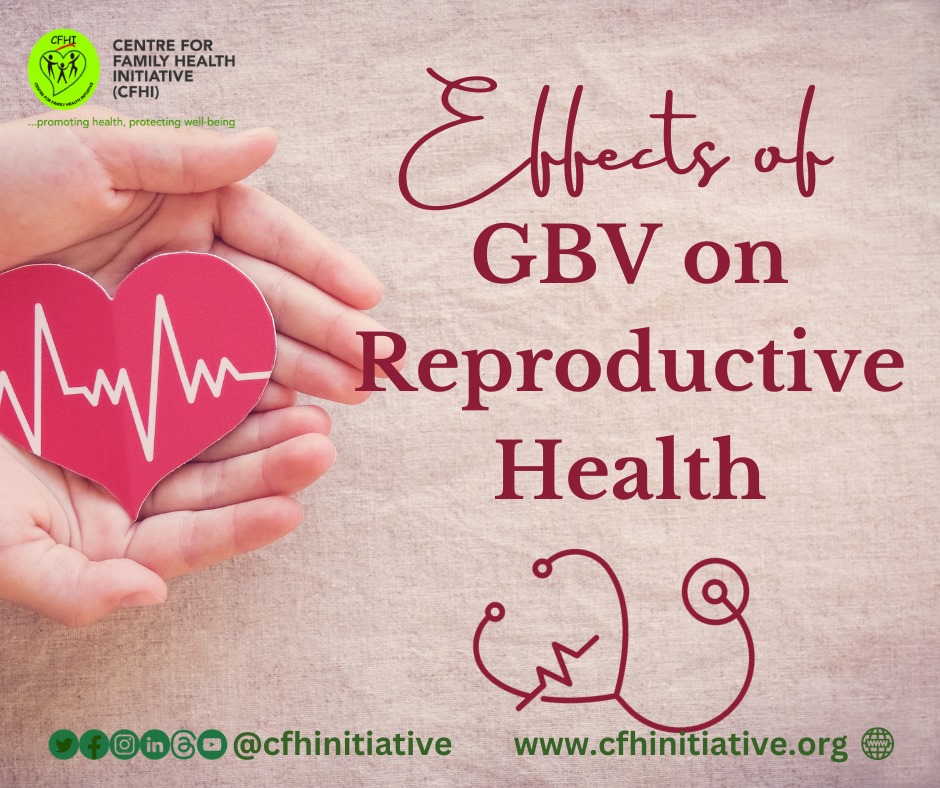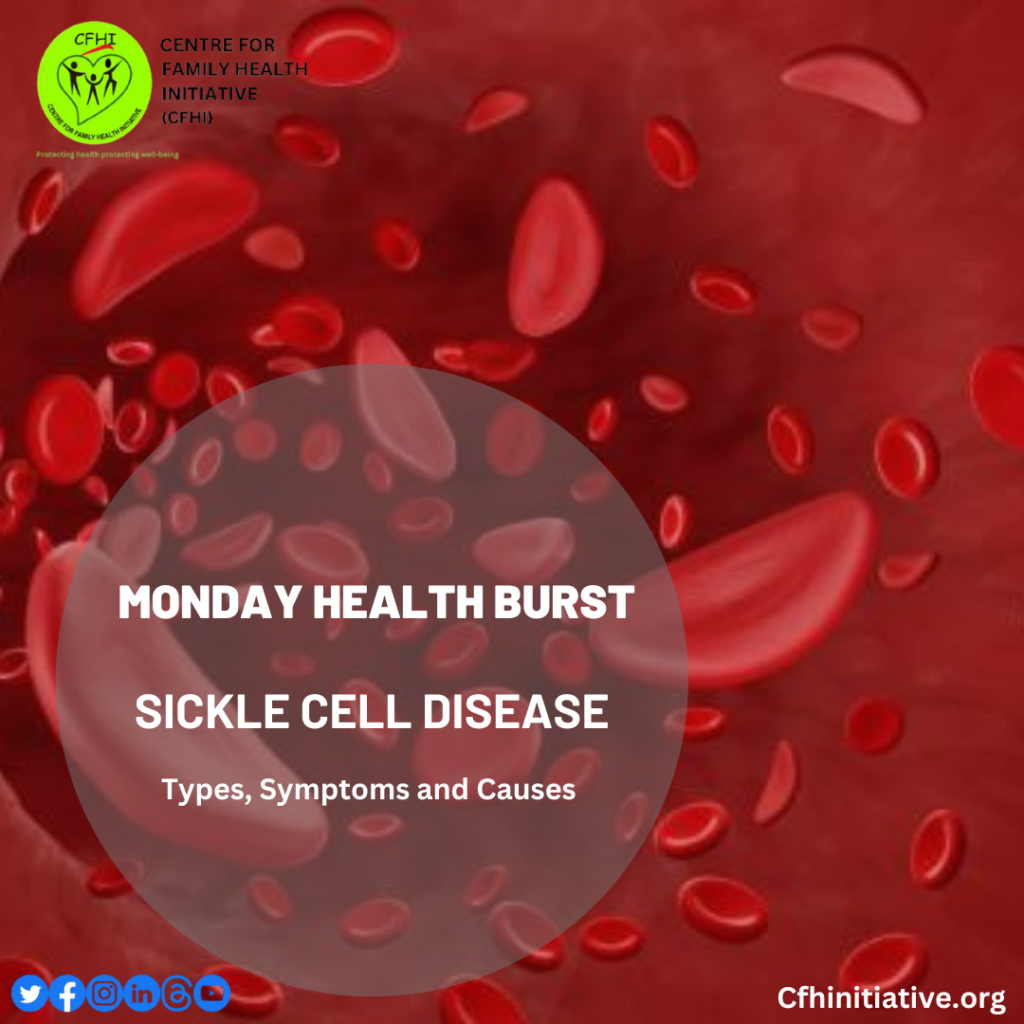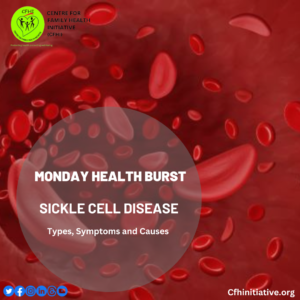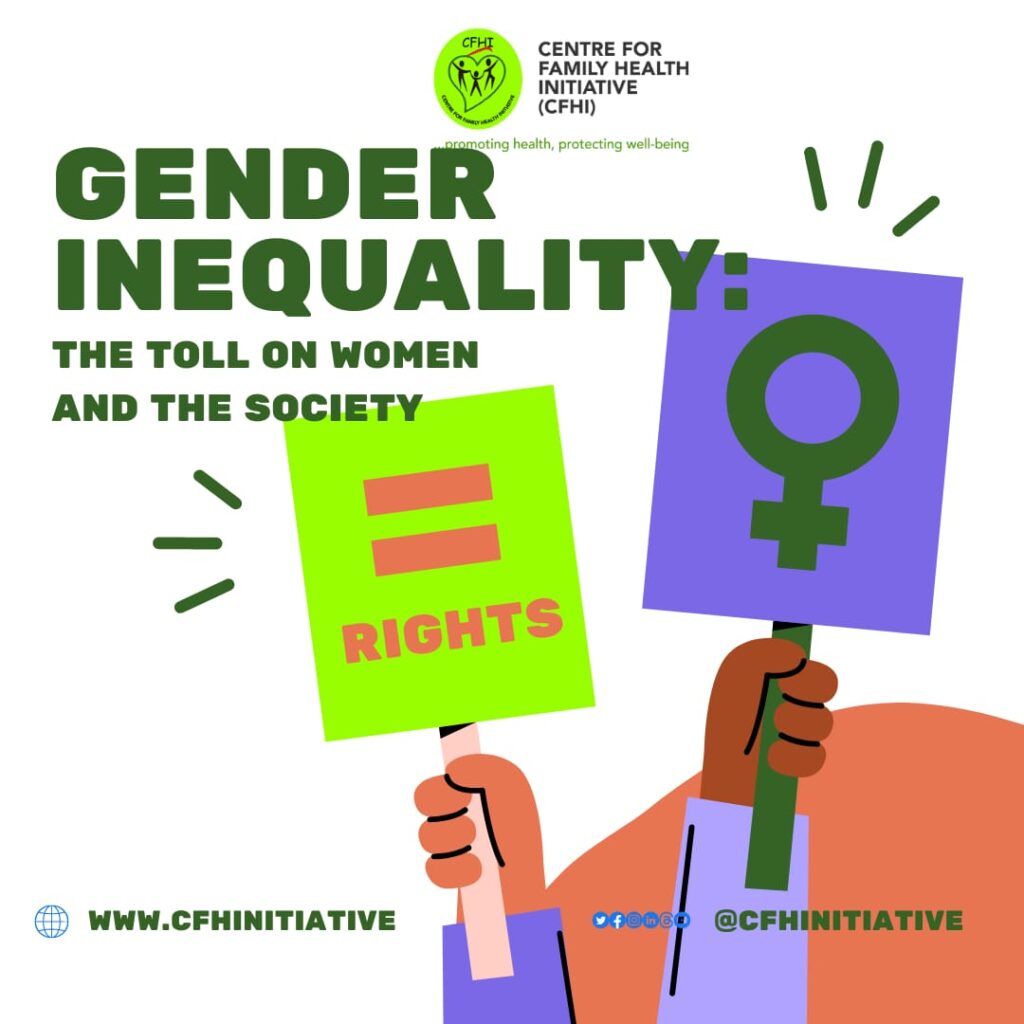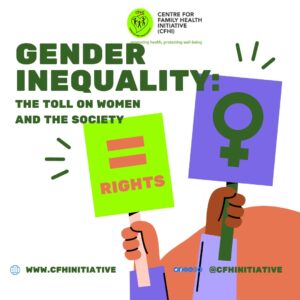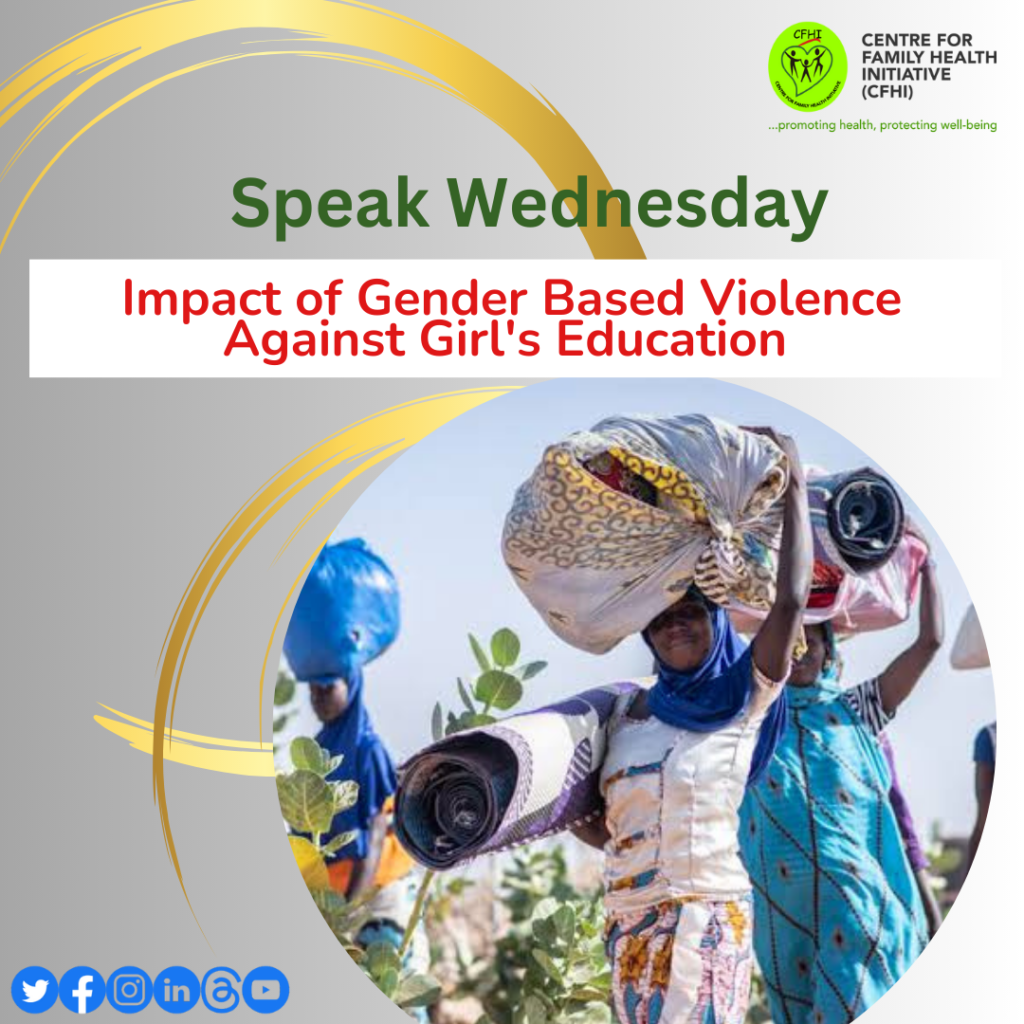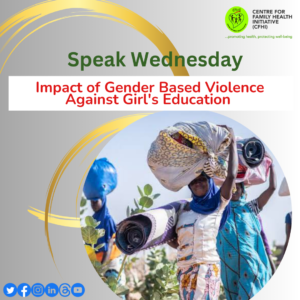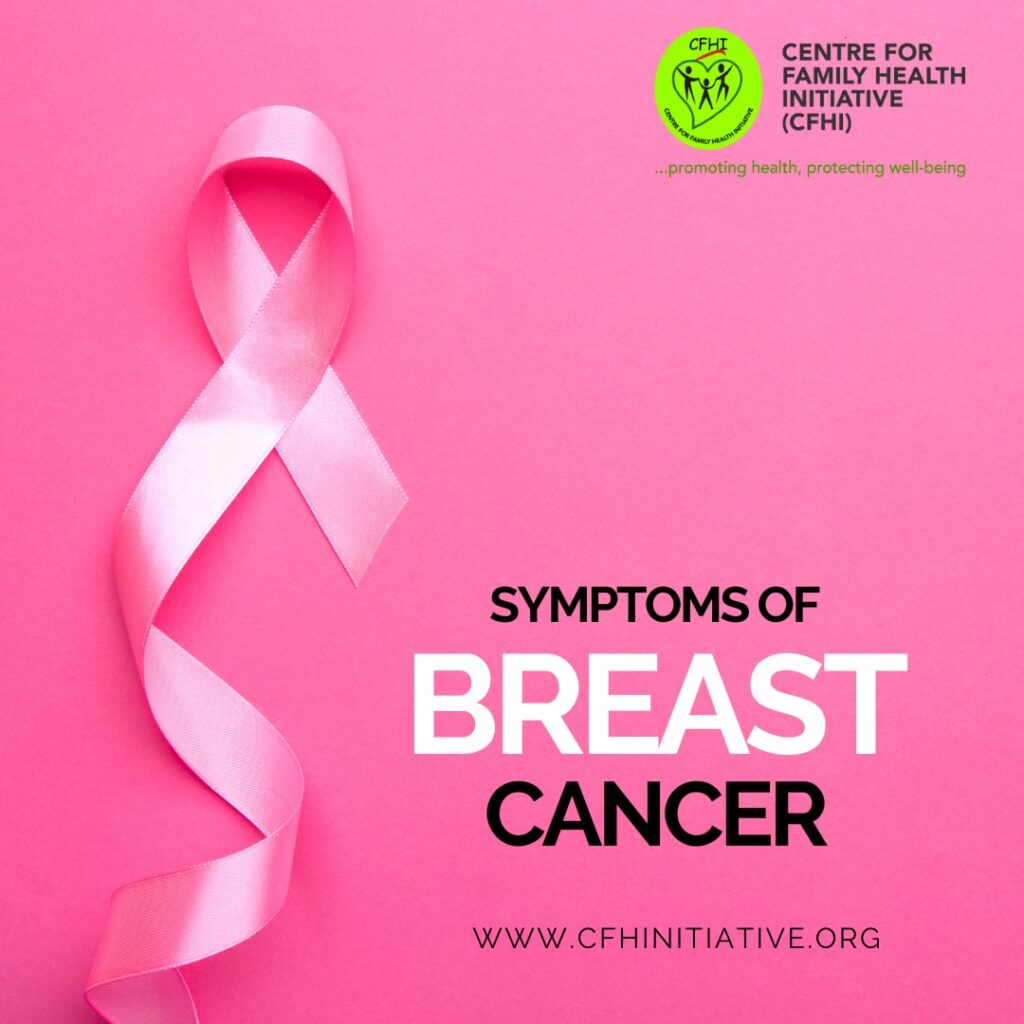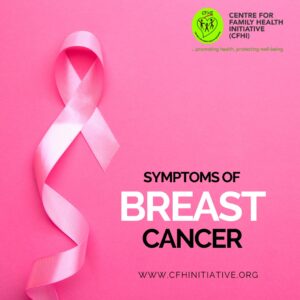SPEAK WEDNESDAY ON MEN AS ALLIES IN COMBATTING GENDER BIAS
Gender bias is a universal problem that cuts across national boundaries and affects women from all areas of life. It has far-reaching effects, perpetuating inequality and impeding efforts to create a society that is inclusive and just.
The UN Secretary-General António Guterres has urged men and boys to be active agents of change, stating, “Gender equality is a human rights issue, but it is also in all our interests: men and boys, women and girls.”
UN initiatives like HeForShe aim to mobilize men and boys as advocates for gender equality, encouraging them to challenge harmful stereotypes and support women’s empowerment. By engaging men in the conversation, the UN recognizes that achieving true equality requires a collective effort.
Engaging men and boys as allies in combatting gender bias and addressing gender-based violence (GBV) is crucial for creating a more inclusive and equitable society. This can be achieved through;
• Education and Awareness
• Challenging Harmful Norms and Stereotypes
• Fostering Empathy and Compassion
• Positive male Role Models
• Active Bystander Intervention
• Promoting Healthy Relationships
• Parenting and Mentorship
• Addressing Toxic Masculinity
• Advocacy and Policy Changes:
Addressing gender bias is a collective effort that requires the active participation of individuals of all genders. Men, as allies, play an important part in this endeavour. Men can make a vital contribution to developing a more inclusive and equitable society for all by comprehending the far-reaching effects of gender bias and taking aggressive actions to confront and deconstruct it. Collaboration between men and women in this fight is critical for achieving a future free of gender bias.
Over the years, through the Gender Norms program for adolescents, CFHI creates awareness in communities and educate young boys on how to develop healthy relationships, impacts of harmful gender norms, and importance of gender equality. The intervention is an important step towards creating a more inclusive and equitable society for all.
Speak Wednesday is an initiative of CFHI to address issues around gender-based violence and gender bias.
#SpeakWednesday #GenderBias #Women’sRights #HumanRights
#GenderStereotype #GenderInequality
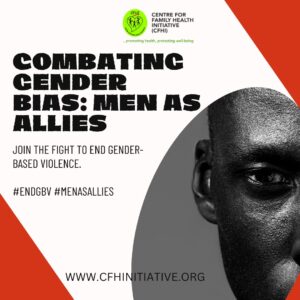
SPEAK WEDNESDAY ON MEN AS ALLIES IN COMBATTING GENDER BIAS Read More »

